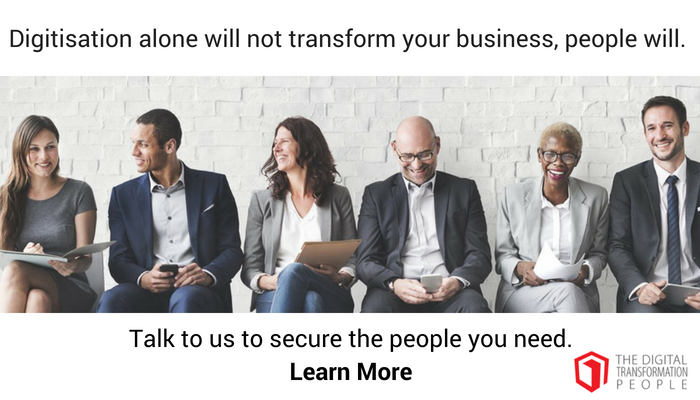In recent years, the global sourcing industry has had to cope with numerous changes to the way it does business. The Internet of Things, more in-depth analytics, compliance with government regulations, and the need for efficiency have all made service providers’ task that much more difficult. In order to still make a profit, they therefore need to get the maximum usage out of the resources available to them.
There’s a long precedent for this approach. Nobel Prize-winning economist Milton Friedman argued that, so long as a business respects the law, it should do all that it can to maximize profits, since this is its primary purpose. Whatever the organisation does, Friedman stated that the business’s only social responsibility is to make use of the resources available to it.
Generations of economists have followed this philosophy, and as a result, they have always looked at innovative ways of gaining a competitive advantage over their rivals. However, businesses are increasingly being called upon to follow their social obligations, and use their power to give something back to communities.
Peter Durker, an important figure in the field of management, has more recently argued that rather than being measured in profits, business is more complex. Instead, he says that it is all about behaviours, from productivity and financial activity, to creativity and the use of technology. Durker notes that these all have an impact on society, which gives businesses an enormous amount of responsibility. Michael Porter takes this one step further, stating how many people see corporations as “prospering at the expense of the broader community.”
His solution to this problem is that of shared value, which “involves creating economic value in a way that also creates value for society by addressing its needs and challenges. Shared value is not social responsibility, philanthropy, or even sustainability, but a new way to achieve economic success.” Not only does this idea of shared value help businesses prosper in a changing economic climate, but it also ensures public trust- a key component in business-consumer relationships.
Porter notes that given the size of many businesses, they are able to do what individuals alone cannot, and scale up their solutions to a societal problem to have a widespread effect. He further points out that what benefits society in general also benefits the business itself, since it leads to a more prosperous economic climate.
Countless corporations are now rethinking their ethical practises in response to what the public now expects of them, and this should eventually lead to a much more open and honest business sector that consumers feel actually utilizes its power for good. It also means that companies are re-examining their approach to employees (and employers), especially in a world where outsourcing has become so prevalent. Professional bodies like the Global Sourcing Association (GSA) have designed new standards of industry best-practise and acknowledge the power of social responsibility within organisations.
This is before we even take into account the environmental effects of sustainable sourcing, when it comes to physical materials. Countries all over the world are adopting stricter legislation when it comes to environmentalism, to combat the pollution created in methods of production. Again, consumers are becoming more savvy about environmentalism, and businesses are therefore under pressure to conform with what the public expects of them. This means that ethical sourcing of raw materials is becoming standard across most industries.
As we can see, then, the world of business is increasingly looking towards new, more ethical practises that not only boost their own profits, but also have a beneficial effect on society in general. If this trend continues, then we could soon see a world where big companies are seen less as unethical boogeymen, and more as helpful entities that work for the good of society.
Article by channel:
Everything you need to know about Digital Transformation
The best articles, news and events direct to your inbox
Read more articles tagged: Featured, Operating Model







